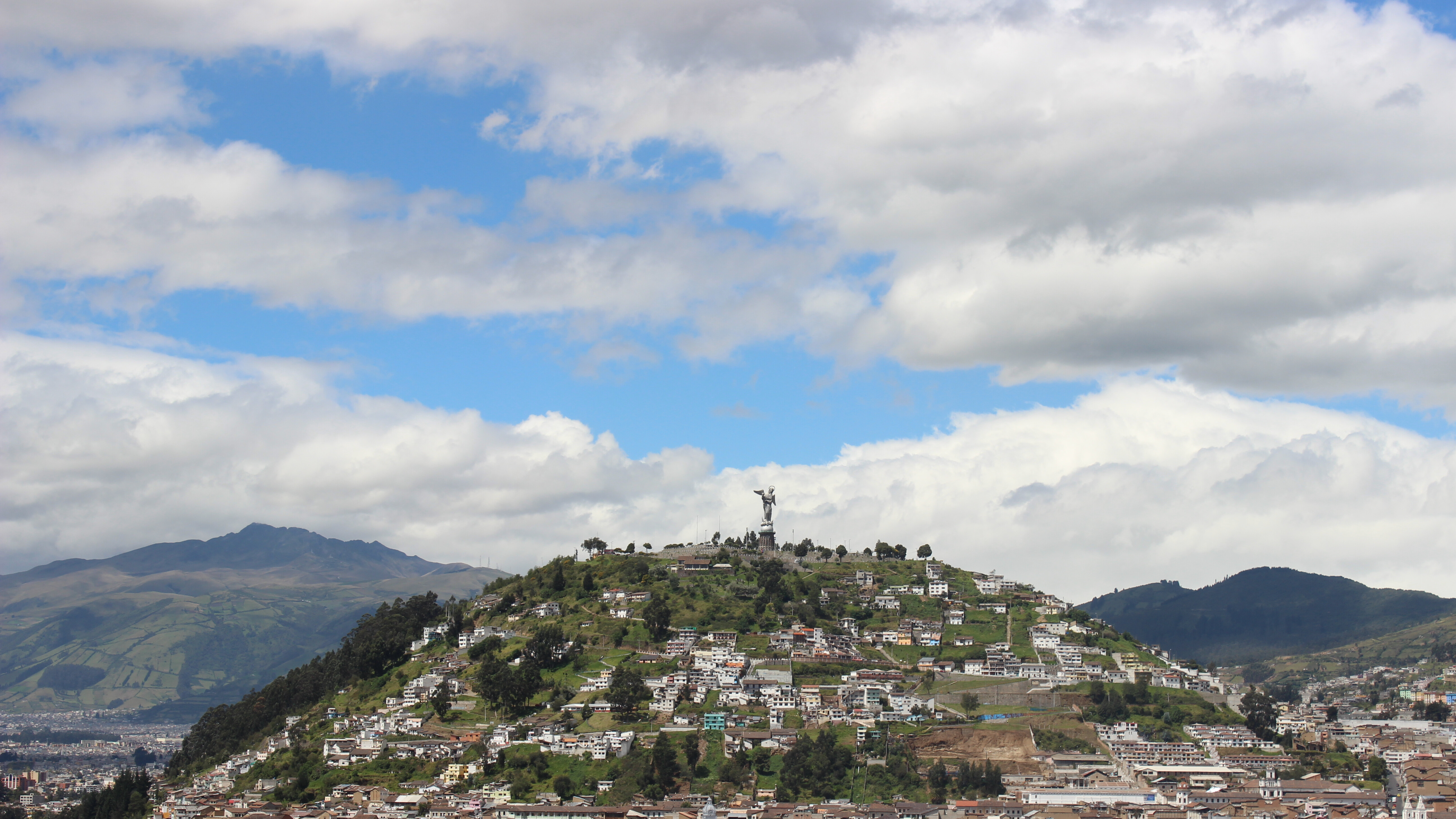Ecuadorian Election Result Stands
A partial recount confirmed Lenin Moreno's tight victory in a controversial presidential election. LatAm INVESTOR investigates the impact on investors...

In early April Lenin Moreno, the candidate from the Alianza Pais party that has ruled Ecuador for a decade, won the second round of the election with 51% of the vote, narrowly beating his right-of-centre opponent Guillermo Lasso by just 225,000 votes. After the result, which took days to be officially confirmed by the electoral commission, accounts of doctored ballots and phantom voters aroused suspicions that the election had been rigged in favour of Moreno. The country was gripped by a wave of protest while political leaders traded threats and allegations. A partial recount was held this week that confirmed Moreno's victory. It wasn't the full recount that Lasso had asked for but it now seems unlikely that the result will be changed.
"Despite ongoing recriminations Moreno looks set to assume the presidency on the 24th May…"
There is not much that opposing sides on Ecuador’s political divide can agree on but one thing the election definitely proved was the low level of public trust in the country’s institutions. Last year, Peru had an equally bitter election campaign that was decided by just 50,000 votes. Yet the result was generally accepted because most Peruvians believed that the electoral system is clean. That belief is clearly not widely held in Ecuador. Despite ongoing recriminations Moreno looks set to assume the presidency on the 24th of May.
Economic challenges
He will inherit an economy with serious structural challenges. Most of Correa’s presidency coincided with a boom in oil prices, which, to his credit, he used to reduce poverty levels and upgrade the country’s infrastructure. However, now the oil price has dropped, Ecuador is facing a fiscal squeeze which forced the government to introduce unorthodox taxes and borrow large sums of money from China. The strong dollar is also an issue for Ecuador, which uses the greenback, as it makes its non-oil exports more expensive.
One positive aspect of these struggles is that it has made the government more welcoming to foreign capital. Correa’s mining reform as managed to attract international investors and Moreno will likely continue the policy. Meanwhile the oil slump has encouraged the country to boost its non-oil sectors, creating exciting opportunities in areas such as tourism. Moreno may also have something to offer bond investors. Under the Correa government public spending doubled and Moreno has promised to maintain, or even increase, those levels. With Chinese loans reaching saturation level, that means Ecuador will probably hit the international credit markets more often.